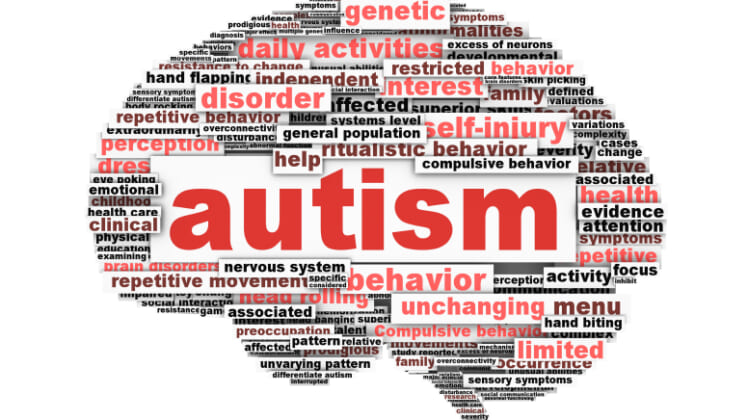F.D.A. To Discuss Risks of Anesthesia Exposure in Youth

A federal panel plans to discuss a growing concern over whether anesthesia in young children – which is used in millions of surgical procedures – may have cognitive or developmental consequences, the New York Times reported.Prior studies in rodents and monkeys have already proved that exposure to anesthesia at a young age (roughly, four and under in humans) is linked with brain cell death. A new study by the FDA has also found that anesthesia exposure in 5 day-old monkeys that lasted for over 24 hours resulted in worse performance on tests that measured memory, attention and learning.
So far, because of the difficulty of conducting controlled clinical trials with children, human studies have focused on whether or not there are any links between children with learning disabilities whether or not they were exposed to anesthesia when they were younger. However, it is nearly impossible to prove causation in studies such as these because it is difficult to account for children’s other life experiences.
However, several of the studies did indicate that there may be development or behavioral risks to children who are exposed to anesthesia, especially more than once.
“You don’t have to be a rocket scientist to say, ‘Geez, if this happens in monkeys, then there’s a high probability that something like this occurs in humans,’ ” said Dr. Randall Flick, associate professor of anesthesiology and pediatrics at the Mayo Clinic, who has done some of the research involving children and is on the F.D.A. advisory panel.
However, Dr. Flick said, it is important to come to a definitive conclusion because in most cases, the children who are getting surgery when they are younger are the ones who absolutely need it.
